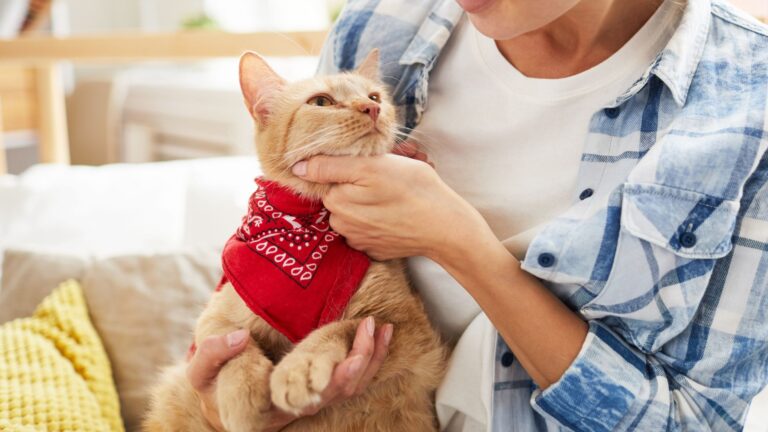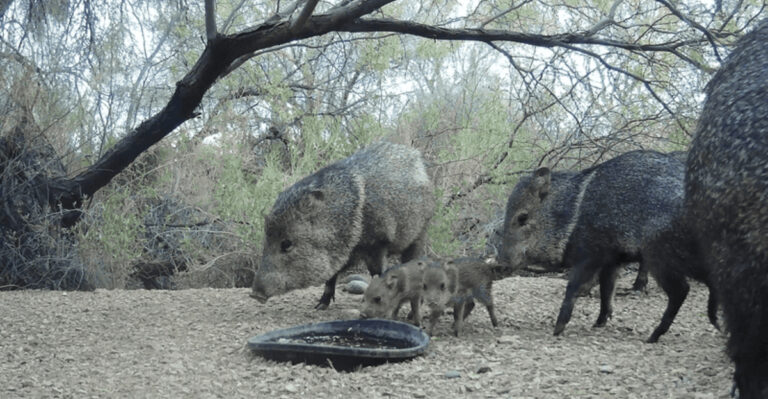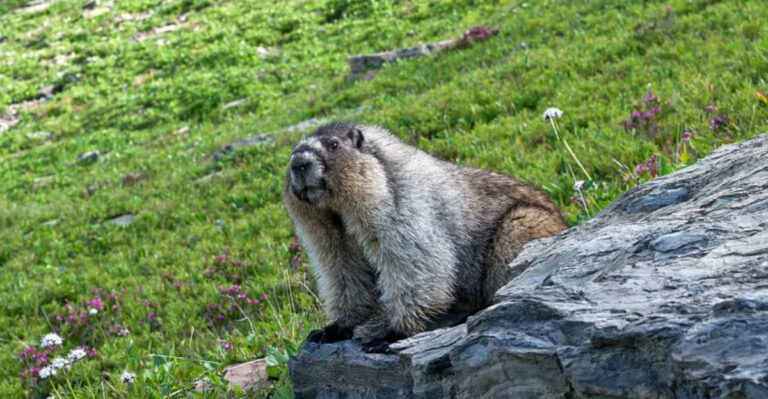17 Ways Animals Can Sense Our Emotions That Will Surprise You
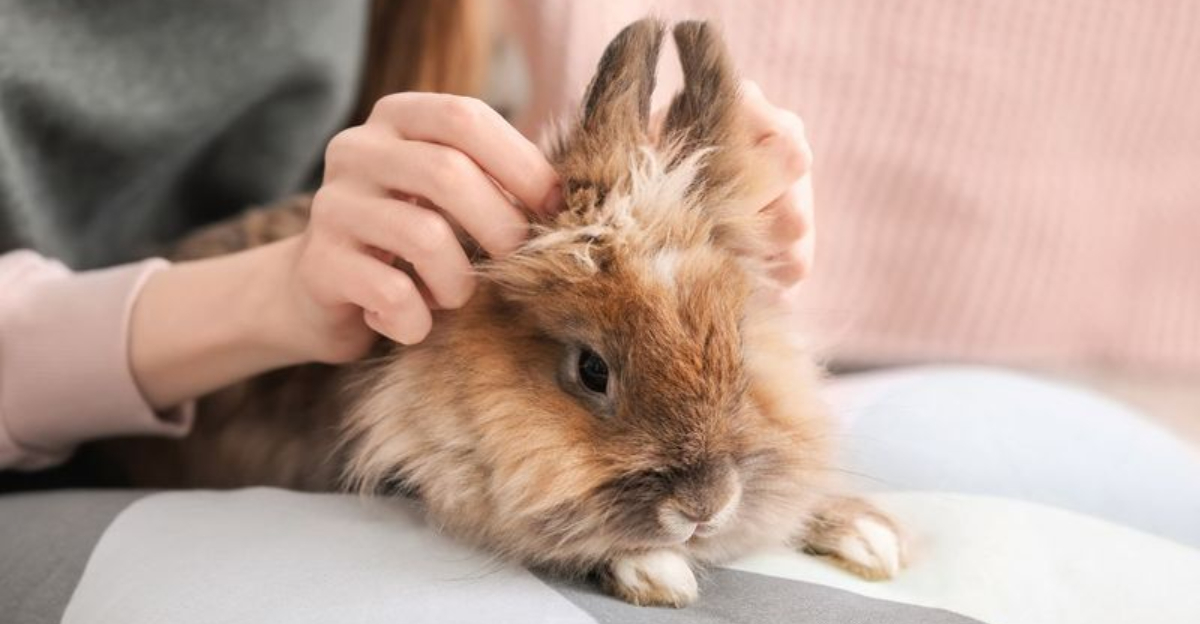
Ever felt like your furry friend knows exactly when you’re feeling down? Animals possess an uncanny ability to sense human emotions, and the ways they do so are as diverse as they are fascinating.
Here are surprising ways animals can sense our emotions, showing just how intertwined our worlds truly are.
1. The Dog’s Sixth Sense
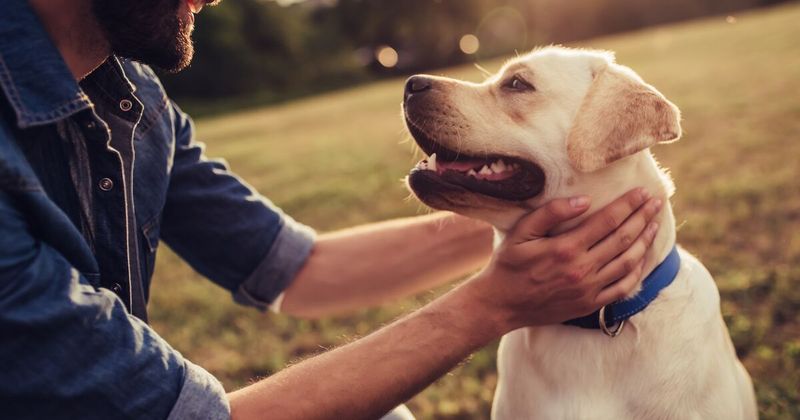
Ever wondered why your dog snuggles closer when you’re feeling down? Dogs have an incredible ability to read human emotions.
They pick up on subtle changes in your voice and body language, responding with comforting licks or a gentle nuzzle.
Their heightened sense of smell can detect chemical changes in your body related to emotions. This makes them perfect companions during both happiness and sorrow.
Dogs have been humans’ best friends for centuries, and their emotional intelligence is one reason why.
2. Cats: The Aloof Empaths

Cats often get a bad rap for being aloof, but they’re more in tune with your emotions than you may think.
When you’re upset, a cat might choose to sit nearby, offering quiet companionship rather than overt affection.
They are known for their ability to sense changes in the environment, including the emotional atmosphere. Cats often mirror the behavior of their human companions, matching their energy levels and moods.
This subtle form of empathy is why your cat might suddenly decide to join you for a nap when you’re feeling low.
3. Elephants: Gentle Giants With Heart
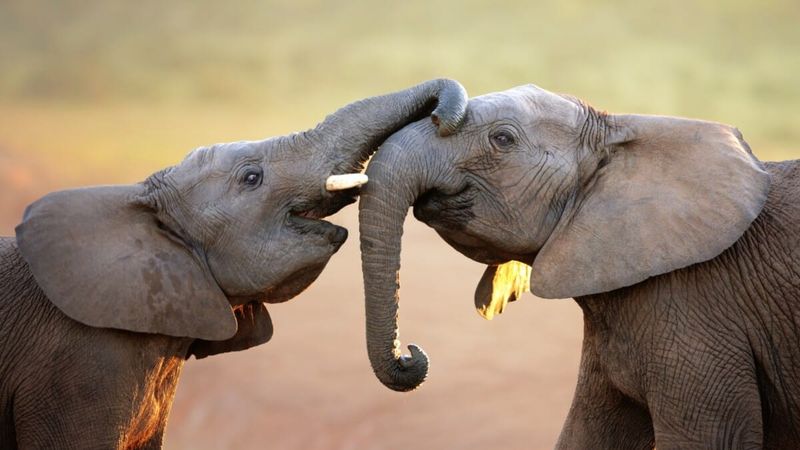
Who knew that elephants, with their massive size, could be so sensitive? These gentle giants have been observed comforting each other, and they extend this empathy towards humans too.
With their strong social bonds, elephants respond to emotional cues with gestures of support. Their ability to sense distress is so advanced that they can recognize sadness in both their herd and humans.
Imagine an elephant reaching out its trunk to console you—it’s a testament to their deep emotional understanding and connection.
4. Horses: Intuitive Companions
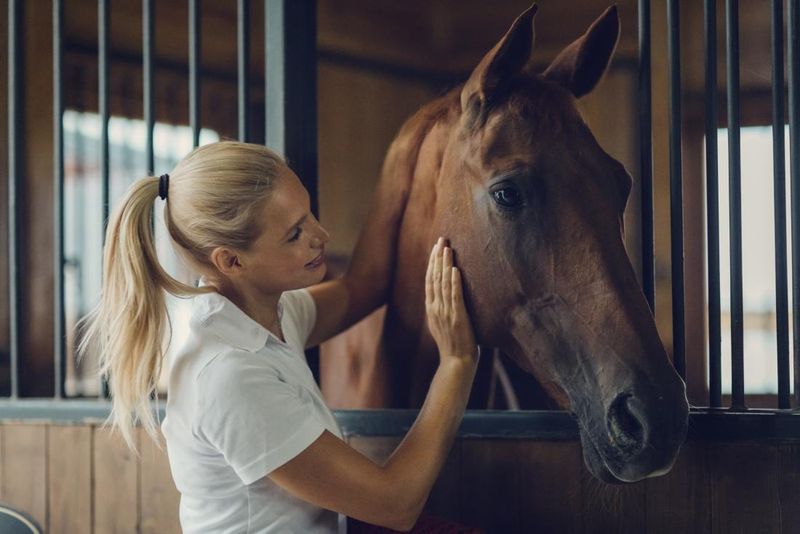
A horse’s intuition is legendary. If you’ve ever been around these majestic creatures, you’ll know they’re quick to pick up on your emotional state.
Horses mirror human emotions and can provide immediate feedback on how you’re feeling. Their ability to pick up on subtle shifts in posture and voice means they often respond to emotions with calming gestures.
Whether you’re feeling stressed or joyful, a horse can sense it. They have been used in therapeutic settings, proving their worth as emotional barometers.
5. Dolphins: The Ocean’s Therapists

Ever felt a connection with a dolphin while swimming? These playful marine mammals are highly perceptive to human emotions.
Dolphins have been known to approach swimmers who are in distress, offering support through their presence and playful behavior. Their keen sense of echolocation aids them in detecting changes in mood.
It’s no surprise that dolphins are often involved in therapeutic programs, helping individuals overcome emotional and psychological challenges through their empathetic interactions.
6. Birds: Feathered Mood Detectors
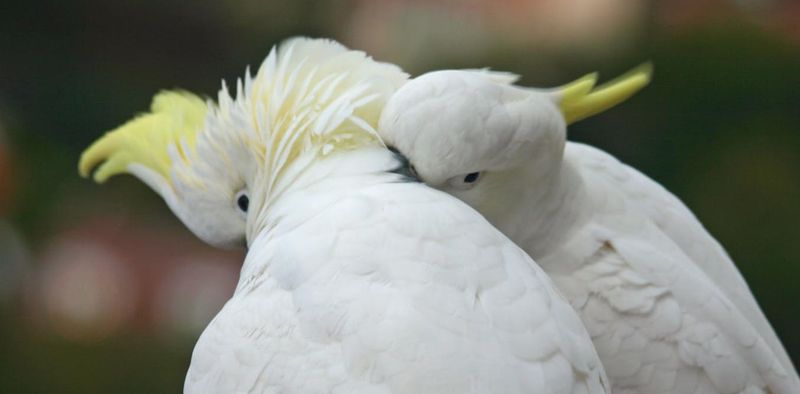
You might think of birds as carefree creatures, but many species are adept at sensing human emotions. Parrots, for instance, can mimic the tone and energy of human speech, reflecting our moods.
Birds often respond to emotional cues with changes in behavior, such as becoming more vocal or affectionate. Their perceptive nature makes them fascinating companions.
This ability to sense and react to emotions helps explain why birds, especially those like parrots and cockatoos, can form such strong bonds with their human caregivers.
7. Rabbits: Fluffy Emotional Mirrors

Rabbits may be small, but their ability to sense human emotions is mighty. These fluffy companions are known to pick up on stress and anxiety, offering a calming presence.
Their sensitive nature means they often mirror the emotions of those around them, becoming more relaxed as you do.
Rabbits respond to gentle handling with affection, providing comfort through their quiet companionship.
8. Pigs: Surprisingly Perceptive
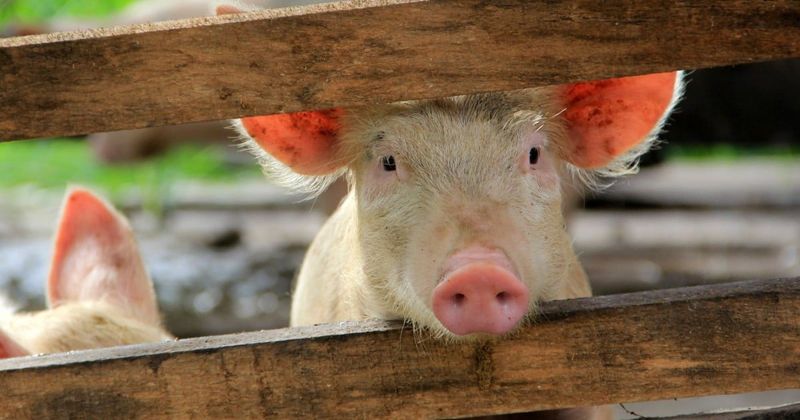
Pigs might not be the first animals you think of as emotionally intelligent, but they’re surprisingly perceptive. Known for their intelligence, pigs can read human emotions and respond accordingly.
On farms, pigs have been observed comforting distressed humans by lying next to them or gently nudging them with their snouts. Their social nature means they’re attuned to the feelings of those around them.
9. Cows: Pastoral Empaths
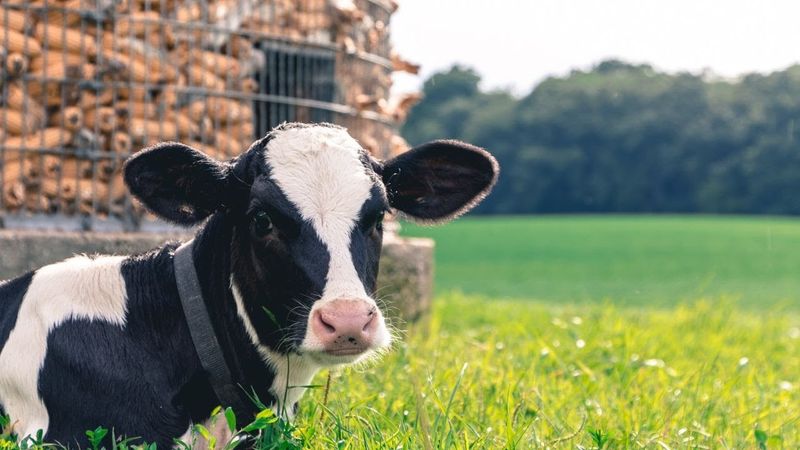
Cows might seem like simple pastoral creatures, but they have an emotional depth that’s surprising. These gentle animals form strong bonds with humans and can sense changes in mood.
Cows have been observed approaching humans who are sad or worried, offering comfort through their presence. Their gentle demeanor and large, soulful eyes make them natural empathizers.
10. Bees: Buzzing With Emotion
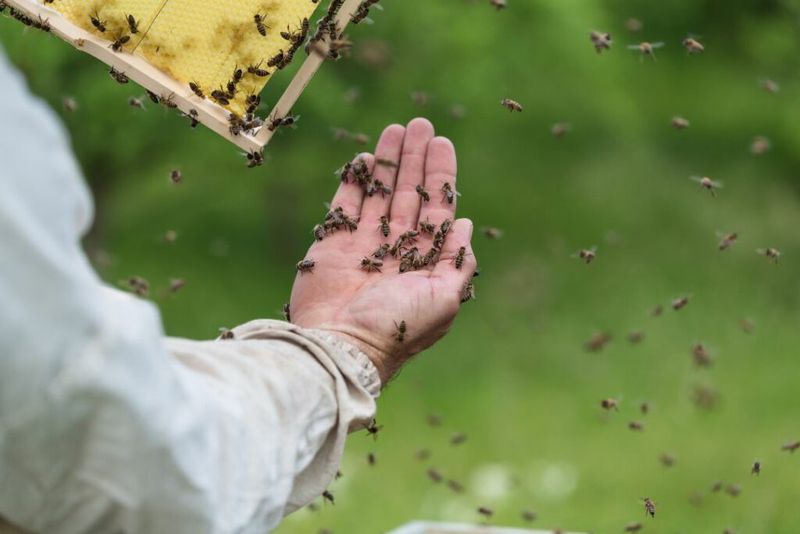
Bees might not seem like they could sense emotions, but they are attuned to the emotional states of their hive and humans. Their complex social structure relies on understanding emotions to maintain harmony.
When a beekeeper approaches, bees can sense if they’re calm or anxious, reacting accordingly. Their ability to read these cues helps them determine whether to attack or remain peaceful.
This emotional reading capability is part of the intricate communication system that keeps the hive functioning smoothly.
11. Wolves: Pack Psychology
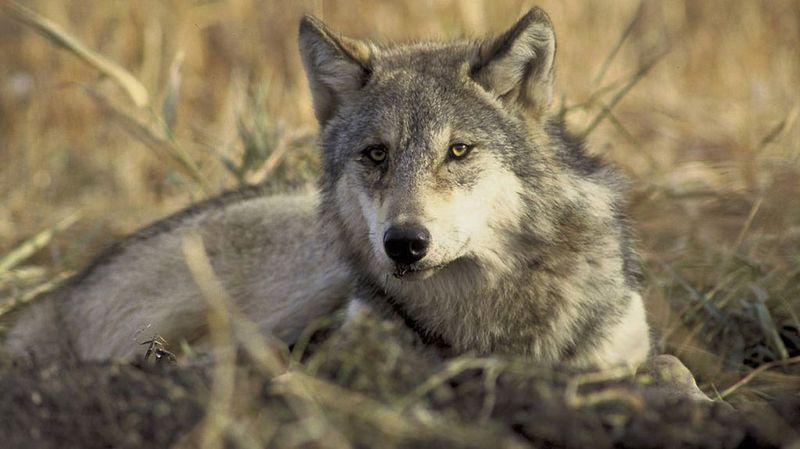
Wolves are known for their keen pack dynamics, and this extends to their ability to sense human emotions. Living in close-knit packs, wolves have developed a strong emotional awareness.
When humans interact with wolves, these animals pick up on emotional cues, responding with gestures that reflect pack behavior, such as nuzzling or howling in sympathy.
12. Octopuses: Oceanic Minds
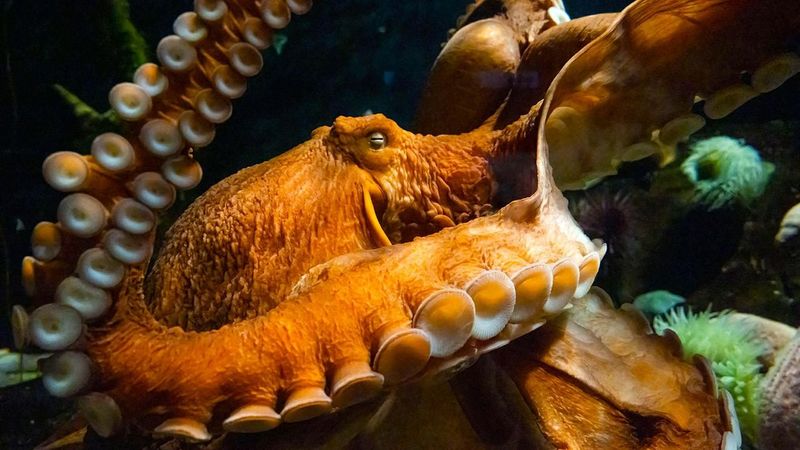
An octopus might just be the most unexpected animal on this list, but their intelligence gives them a unique way of sensing emotions.
These cephalopods are known for their problem-solving skills and awareness of their environment.
Octopuses can detect changes in body language and mood, often reacting with curiosity or caution. Their ability to change color also reflects their emotional state, offering a visual insight into their feelings.
13. Rats: Tiny, Empathetic Companions
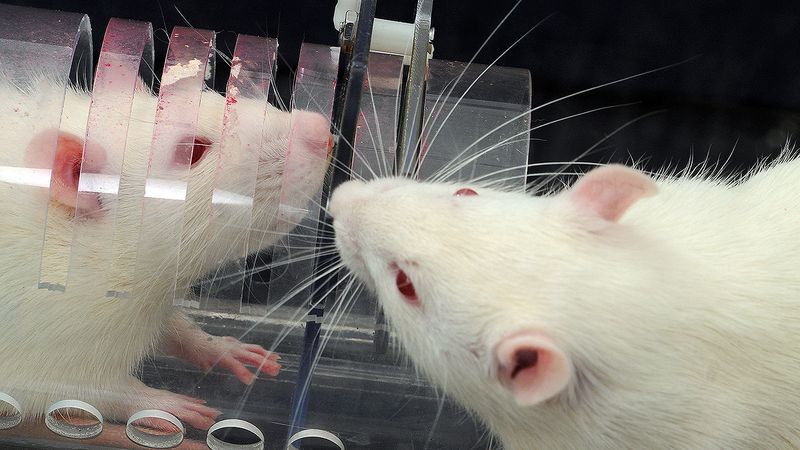
Rats might not be the most glamorous animals, but they are sensitive to human emotions. Known for their intelligence, rats can detect changes in human mood through subtle cues.
They often respond to anxiety or sadness by becoming more affectionate, providing comfort with their tiny presence.
Rats have been used in studies to understand empathy, and their behavior reflects a surprising depth of emotion.
14. Ferrets: Playful Intuitives
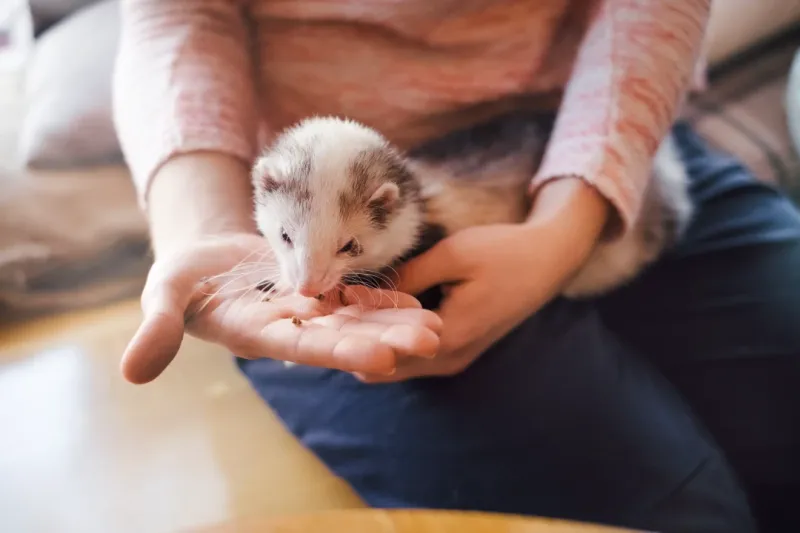
Ferrets are playful creatures with a knack for sensing human emotions. Their curious nature means they quickly pick up on changes in mood, often responding with playful antics.
A ferret might become more active to cheer you up or snuggle closer if they sense you’re feeling down. This ability to adapt their behavior makes them delightful companions.
Their playful empathy is one of the reasons ferrets are cherished pets for those seeking a lively and affectionate friend.
15. Turtles: Slow But Sensitive

Turtles might move slowly, but their ability to sense emotions is quick and surprising. These gentle creatures react to changes in their environment, including the emotional state of their human friends.
When you’re calm, a turtle might approach you, seeking companionship. Their slow, deliberate movements offer a sense of peace, mirroring your emotional state.
This sensitivity makes turtles wonderful pets for those seeking a tranquil connection with nature.
16. Llamas: Gentle Guardians
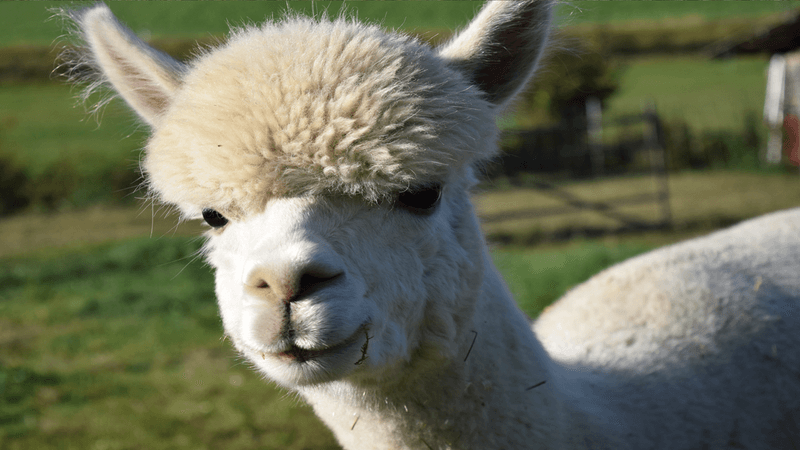
Who would have thought that llamas, with their quirky personalities, could be so emotionally intuitive? These animals are known for their gentle nature, making them excellent companions in therapeutic settings.
Llamas can sense human emotions and often respond with calmness, offering their presence as a source of comfort.
Their ability to read emotional cues makes them effective in settings where emotional support is needed.
17. Chickens: Clucking Companions
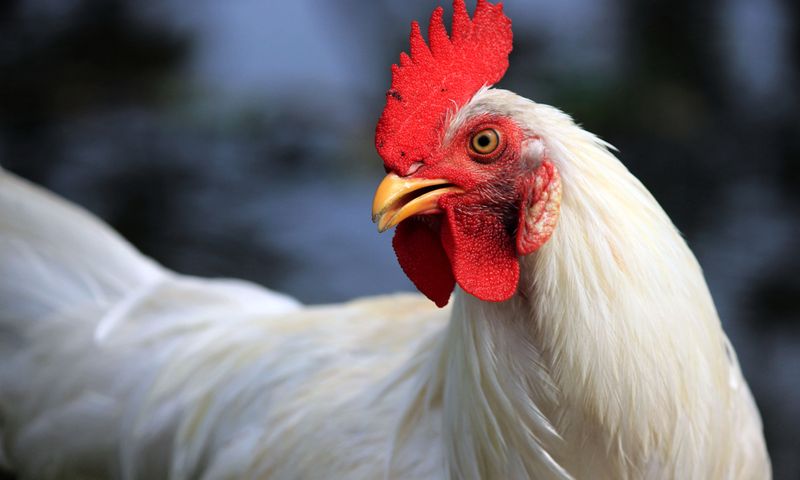
Chickens might not be the first animals that come to mind when you think of empathy, but they are astute observers of human emotions.
Their social nature means they are highly attuned to changes in their environment.
Farmers often notice chickens responding to their moods, clucking contentedly when things are calm or becoming more animated during excitement.

